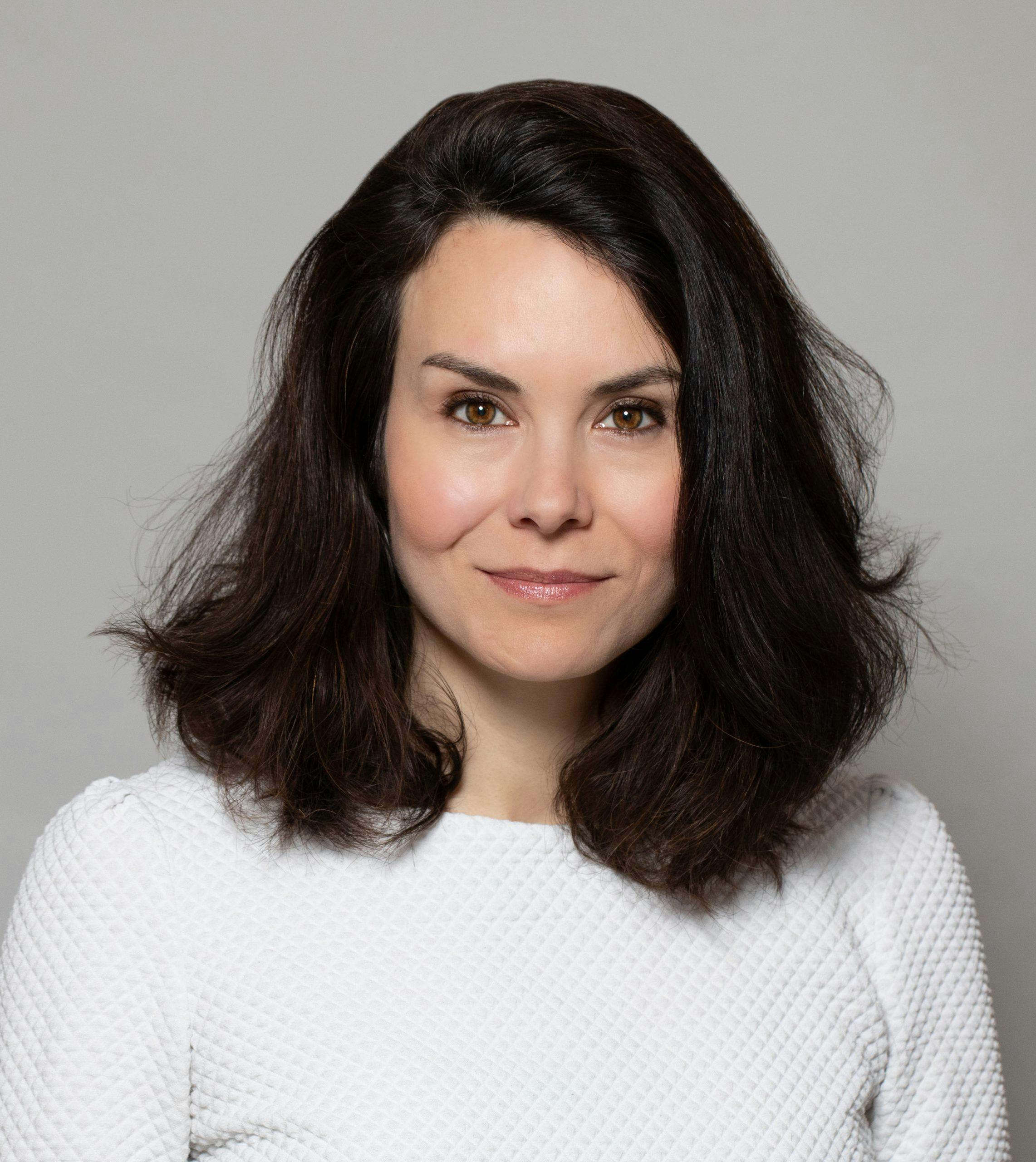By Suzanne Tedeschi & Louison Garnier
Did you know that in France, nearly 30% of the population — around 20 million people! — live in areas classified as “medical deserts”? This alarming and rising figure comes from a 2022 report by the French Senate.
Between 2017 and 2021, the number of general practitioners in France declined by 1% per year… and the situation is unlikely to improve any time soon. “This phenomenon tends to worsen due to increased demand for care from an aging population, combined with a wave of retiring general practitioners who are not being replaced,” the report notes.
But the issue of access to care goes far beyond just “medical desert” areas. It affects not only rural regions but also major cities, which are facing growing demand for practitioners while retirements are accelerating.
One obvious solution might be to increase the number of doctors. Easier said than done! This option runs into structural and demographic obstacles that are difficult to overcome in the short term…
In this context, could technology and the digitalization of healthcare be effective levers to address these challenges? At XAnge, we firmly believe so.
So do our partners: Groupe La Poste, for which we manage the La Poste Ventures fund, and the Mutualité Française, with whom we co-manage the Mutuelles Impact fund in partnership with Investir&+. Both are convinced of the urgent need to expand healthcare access through digital innovation. In recent years, both funds have invested in numerous companies across the health, prevention, and social care sectors.

“At XAnge, we believe that technology, digital tools, and AI can contribute to smoother, more accessible care pathways and help prevent ‘lost opportunities’ in treatment. The goal is not to replace doctors, but to boost productivity so practitioners can focus on their medical expertise — and deliver it remotely where needed. The impact on patients can be immediate, whether for diagnostics or at-home follow-up care. There’s also a wealth of innovation around using AI to harness clinical data, which could lead to longer-term breakthroughs in areas like oncology and rare diseases. Our partnership with Mutualité Française, and also with La Poste, is a key asset in these efforts.”
AI, teleconsultation, remote monitoring, wearable medical devices, and mobile apps are enabling the development of tools and services that improve healthcare access across the country. As our startup mapping shows, this ecosystem is already thriving!
Teleconsultation Startups: Bridging the Gap to Medical Expertise
Teleconsultation startups offer an immediate response to the lack of physical access to healthcare professionals. By allowing patients to consult with doctors remotely, they open the door to borderless medicine. This approach has two key benefits: it eases congestion in clinics and emergency rooms, while providing a practical solution for those living in remote areas.
This segment can be divided into three main categories:
- Generalist first-aid services (e.g., Doctolib, TokTokDoc, Livi, HelloCare)
- Pathology-specific platforms (e.g., Hapni for sleep disorders, DoudouCare for pediatrics)
- Telemedicine kiosks (e.g., Bodyo)
Each plays a distinct but complementary role in improving access to care.
Remote Monitoring: Going Beyond Consultations
Medical remote monitoring goes a step further than teleconsultation by ensuring continuous follow-up for at-risk or recovering patients. Using connected devices and digital interfaces, startups in this space enable constant health monitoring, allowing for quick intervention when needed and more precise treatment adjustments.
Our analysis divides this segment into:
- Verticalized monitoring platforms, focused on specific conditions
- Multi-pathology platforms, addressing broader needs
One example from XAnge’s portfolio is Implicity, which developed a platform to simplify cardiac remote monitoring in everyday practice.
Spreading Medical Expertise: Extending the Reach of Care
Digital technologies are also transforming how medical expertise is shared. Thanks to AI and digital therapeutics (DTx), innovative solutions are delivering specialized advice and personalized care beyond traditional settings. These tools help democratize access to medical knowledge and reduce healthcare inequalities.
This segment includes two broad categories:
- Direct-to-patient expertise (e.g., OuiHelp, which delivers medications and provides at-home care; Viabeez and Padoa in occupational health)
- Expertise-sharing between healthcare professionals (e.g., Téo in ophthalmology)
Each has multiple sub-segments with specific use cases.
Unlocking Medical Mobility: Encouraging Geographic and Career Flexibility
Some startups are tackling a major challenge: enabling greater mobility for healthcare professionals. By simplifying geographic or career transitions for doctors, these companies are helping to redistribute healthcare resources more evenly across the country.
Take Via Sana, for example. This startup provides turnkey, fully equipped medical offices to independent practitioners — available from just one day a week. It’s reinventing private practice by offering all the digital tools needed to serve patients across the French territory.
Another key player is Mediflash, which connects freelance healthcare workers with medical facilities in need of support. By offering rewarding and well-paid opportunities, Mediflash helps address the shortage of healthcare professionals and simplifies recruitment. The company is committed to elevating healthcare professions by giving caregivers more freedom and support in their career choices, promoting a better work-life balance — while also helping medical facilities maintain full staffing levels.
What’s the takeaway?
Faced with the growing challenge of medical deserts, the solution cannot rely solely on increasing the number of doctors. Technology and digital health offer promising tools to ensure equitable medical coverage nationwide.
By easing access to consultations, enabling personalized remote follow-up, extending the reach of medical expertise beyond hospital walls, and promoting healthcare professional mobility, healthtech startups play a vital role in the fight against medical deserts.
At XAnge, we believe this is a silent revolution — one that could reshape the French healthcare landscape for decades to come. Our startup mapping is a testament to that.


